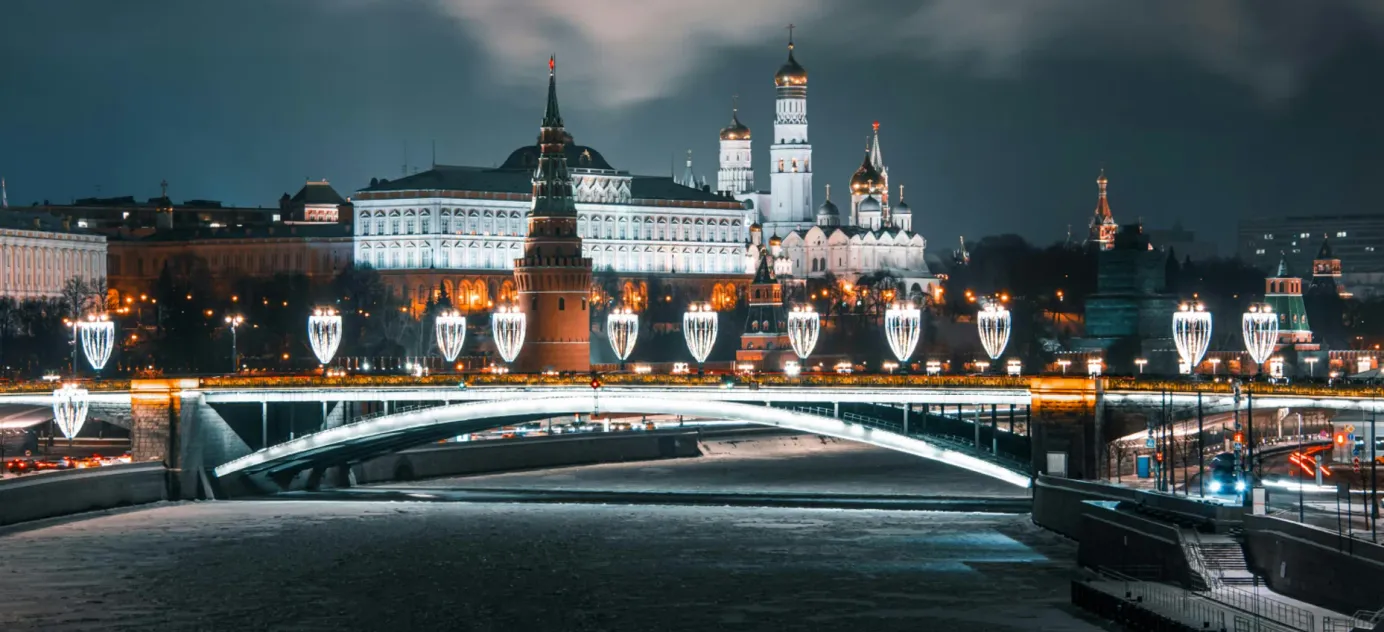
New Russian law robs critical independent media of income
Russian authorities have found a new way to attack independent media outlets and journalists that aren’t loyal to the Kremlin, with a law that will make it illegal to pay for advertising with so-called “foreign agents” — both individuals and organizations. Advertising is an important revenue source for many Russian media projects that have been labeled foreign agents. Some active media outlets with audiences in the millions have already been forced to shut down or suspend operations as their income has dried up.
- Russia officially designates people or organizations that conduct political activities in the interests of another country or receive funding from abroad as “foreign agents”. In reality, these criteria do not always have to be met, and the authorities can label anybody a foreign agent for pretty much any reason they like, such as taking a public stance critical of the Kremlin, the war in Ukraine or campaigning against specific policies, such as the repression of the LGBT+ community. These days, the quickest route to becoming a foreign agent is operating an independent media outlet that doesn’t cave in to the Kremlin’s control and censorship. Individual journalists, public figures and anti-war activists are regularly added to the list of foreign agents, which keeps growing and now stands at more than 700 entries — including The Bell. Independent lawyers in Russia argue that the label, which has Soviet-era espionage connotations, is discriminatory.
- Russian authorities have long sought ways to deprive opponents of the war — including critical media outlets that have moved abroad — of their income in order to curtail their ability to report on and criticize the offensive. State Duma Speaker Vyacheslav Volodin announced the latest measures at the start of February, claiming that lawmakers had “received many queries” about why Russian companies were continuing to place adverts on the websites of foreign agents. In under three weeks the bill has swept through the lower house of parliament and will now go to the Federation Council for approval before being signed into law by President Vladimir Putin. There is no doubt it will sail through this process.
- Before it has even come into force, the bill has already had its intended effect. At least two independent media projects with audiences in the millions have announced suspensions or reorganizations. Journalist Katerina Gordeeva, presenter of the Skazhi Gordeeva YouTube channel (1.65 million followers) announced she would suspend the project, and Alexei Pivovarov, who set up the Redaktsiya channel (4 million followers) had to release most of his team and transfer the rights to the Telegram channel to his remaining employees.
- It’s possible other projects will announce similar changes. Opposition activist and blogger Maxim Katz (who has 2.1 million followers on YouTube) told The Bell that major advertisers already left as soon as he was branded a foreign agent. Advertising makes up 25% of his channel's revenue, he said, and once this law is passed the channel, in its current format, would be unprofitable. “The impact will be noticeable,” he said. “We will ask viewers to make donations and we'll reduce costs, turning away from expensive filming.”
- Russian independent media has for many years relied on audience donations to support its work. Long before this law, foreign agents already faced a de facto ban on advertising, with most Russian-based companies unwilling to work with them. Many publications were also designated “undesirable organizations,” a label with much more oppressive restrictions that puts anybody who works with them at risk of being jailed for four years. Both the Dozhd TV channel and the Meduza news site have been named undesirable. Meduza lost about 70% of its advertising revenue in 2021 after the decision, but survived thanks to a successful crowdfunding campaign, communications director Katerina Abramova told The Bell.
Why the world should care
In a media landscape dominated by censorship and propaganda, Russia's independent media and YouTube projects are a breath of fresh air for millions of people. They offer a rare space to speak openly and honestly about the state of affairs in the country. Clearly, this does not suit the authorities. In response, the Kremlin has cast them as “foreign agents” — enemies of the state — and is tightening the screws to deprive journalists of legitimate revenue streams that fund their work.





